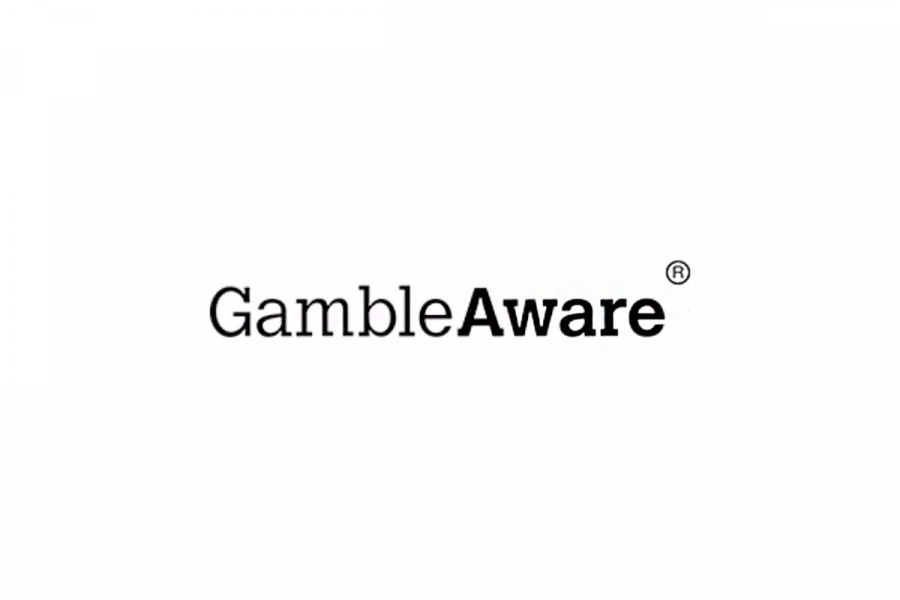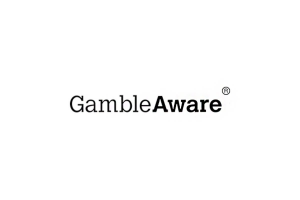GambleAware concerned about low uptake of treatment service

GambleAware CEO Zoë Osmond has said the uptake of the National Gaming Treatment Service was “worryingly low”.
UK.- GambleAware CEO Zoë Osmond has raised concerns after reporting a drop in the number of people using the charity’s National Gaming Treatment Service (NGTS).
Despite evidence that the service has a positive impact on gambling behaviour, the number of people using it fell by 5.8 per cent to 8,490 in the year ending March 31.
The positive side of the latest numbers is that the proportion of people who completed their NGTS programme rose from 59 per cent in 2019-20 to 74 per cent in 2020-21.
The proportion of dropouts fell from 35 per cent to 20 per cent, and of those that completed their programme, 92 per cent saw their Problem Gambling Severity Index (PSGI) scores decline.
All the same, Osmond said the figures for uptake were too low, although Gamble Aware has since seen increased awareness of the National Gaming Treatment Service since the period analysed.
She said: “It is encouraging to see that during an unprecedented year, when many of the services had to move online, the National Gambling Treatment Service has been able to continue to deliver good results for those receiving treatment.
“The worryingly low uptake of services, however, underlines the very real need to continue to raise awareness of, and improve pathways to, the service, so that more people know that help is available.”
Almost three-quarters of those on NGTS programmes in the last year were men, and the largest age group was 30 to 34. Online gambling was the cause for treatment in 79 per cent of cases, with participation spread fairly evenly among slots, sports betting and table games.
The majority of respondents said they were in debt as a result of gambling – 1.3 per cent having debts of over £100,000 and 12.7% running up debts between £20,000 and £100,000.
See also: GambleAware recommissions Scottish Gambling Education Hub











